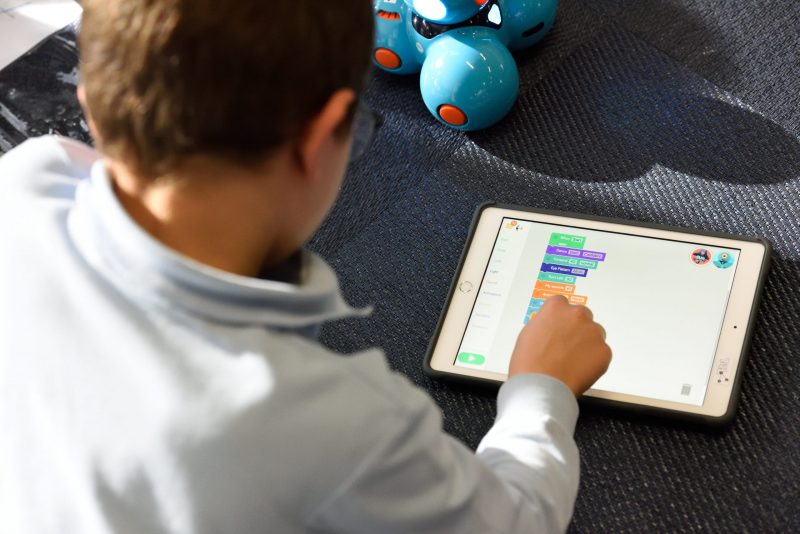
Good News on ACT Accommodations for Students With an IEP or 504 Plan
April 6, 2022
AAP Screen Recommendations Empower Parents
April 20, 2022
Usually at the end of any given semester there are a surprising number of phone calls to our Center from parents of college students who are about to flunk out. The students were high achievers in high school with numerous AP credits, did well on the SAT or ACT and had scholarships they were about to lose! There was no history of having a Learning Disability of ADHD. What happened?
What ingredient was present in High School and gone in college? Could it be you, the parent? Or the high school teacher who reminded your student of impending deadlines?
Typically, when students “flunk-out” or leave college early, it is due to poorly developed Executive Function skills rather than a Learning Disability. Students failed to realize that most work in college is outside of class. They did not keep up with the workload, did not prioritize school work, procrastinated and underestimated the amount of time needed to finish an assignment. Students get behind, stop going to class and become demoralized or depressed. They might be embarrassed or ashamed. Rather than seeking help from the professor, the department, or the Counseling Center, the student just hopes it will all go away. Flunking out can happen to any student.
Let’s begin early in training our High School to develop more advanced time management, organization and prioritization skills that they will need as adults. Think about the various ways you cue, nudge and remind your high school student of their commitments, responsibilities and deadlines. Assess their daily living skills. Can they prepare a simple meal, use a washing machine, change sheets on a bed and budget their money? Your student may get straight “A’s” at school but fail miserably in developing a structure for themselves and in taking care of daily responsibilities.
First, take a week and note the type and frequency of the daily reminders your student seems to need:
- Are you reminding the student at night to set an alarm to wake up, charge their phone or get their belongings together for school the next day?
- Are you waking them up in the morning? How many times?
- Are they leaving the house on time for school, without you pushing them out the door?
- Do you get texts to bring something to school that has been forgotten?
- Does your student use a planner/calendar to track assignments?
- How many times do you prompt them to study?
- Does the student independently check their grades online?
- When you check online, are there missing assignments?
- Can they explain their plan to complete missing assignments and then follow through?
After a week, if you find that your student is dependent on you for organizing their day, have a chat with them. Get their view of how they are doing with self direction and independence. They may think they are quite capable and ready to be on their own tomorrow! Your response will begin with I notice…. “You forgot your computer charger 3 days last week.” or “When I checked online you had a missing assignment on the last 3 Fridays in a row.”
Then, with your student, help them develop a strategy to remember the charger (such as a “Blast off” site for items going to school). How about a schedule for checking assignments online (pick one target)? Your student may need a “coach” to develop these Executive Function skills. Incentives help students focus on an important responsibility. Finding the incentives that energizes your student will be the key. At our house, the ticket out on Friday night was all assignments caught up by Friday. After staying home with Mom and Dad for 2 Fridays in a row, our student realized we were serious - no more missing work!!!
Remember to only focus on one skill at a time, try not to lecture on all the other areas that need work. These skills must be trained - nagging is not a training method!




